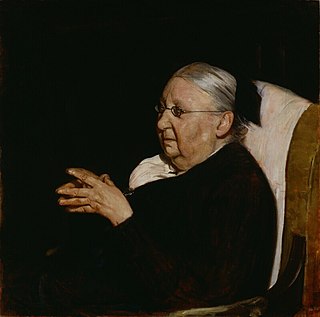A Quote by Christian Nestell Bovee
Wit must be without effort. Wit is play, not work; a nimbleness of the fancy, not a laborious effort of the will; a license, a holiday, a carnival of thought and feeling, not a trifling with speech, a constraint upon language, a duress upon words.
Related Quotes
Poetry is only the highest eloquence of passion, the most vivid form of expression that can be given to our conception of anything, whether pleasurable or painful, mean or dignified, delightful or distressing. It is the perfect coincidence of the image and the words with the feeling we have, and of which we cannot get rid in any other way, that gives an instant "satisfaction to the thought." This is equally the origin of wit and fancy, of comedy and tragedy, of the sublime and pathetic.
The good gardener knows with absolute certainty that if he does his part, if he gives the labour, the love, and every aid that his knowledge of his craft, experience of the conditions of his place, and exercise of his personal wit can work together to suggest, that so surely will God give the increase. Then with the honestly-earned success comes the consciousness of encouragement to renewed effort, and, as it were, an echo of the gracious words, 'Well done my good and faithful servant'.
































